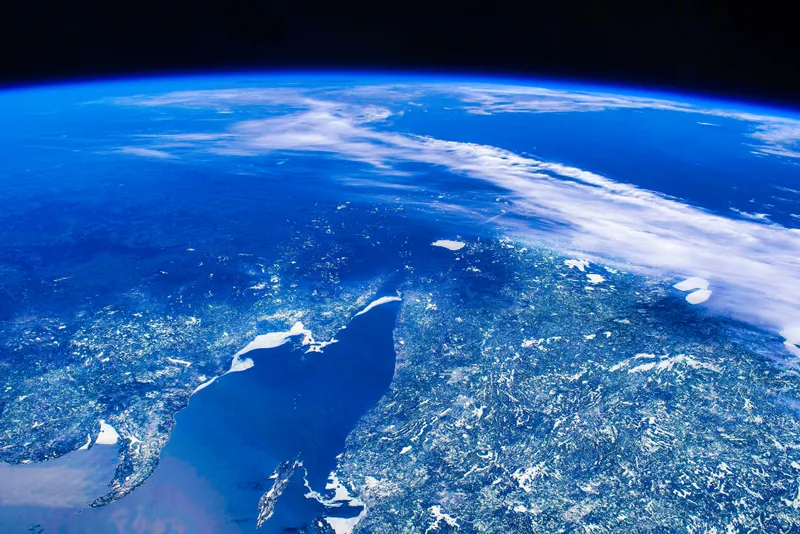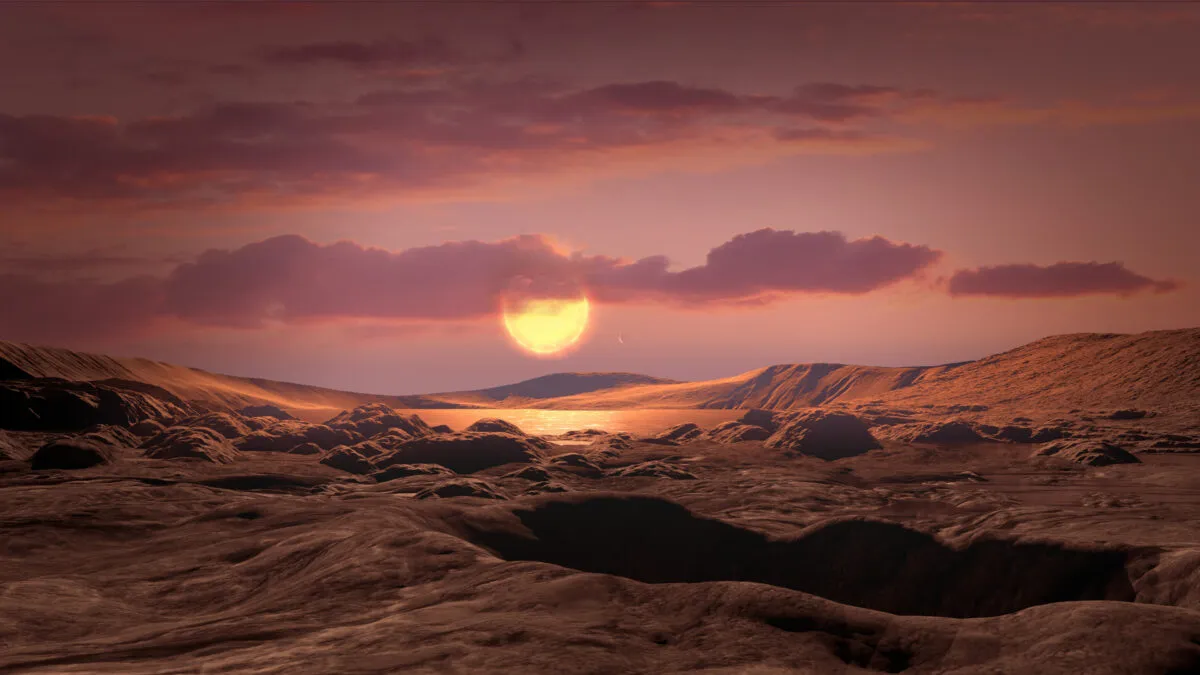When it comes to investigating worlds beyond Earth, be they the planets or moons of our Solar System, or even exoplanets orbiting distant stars, you'll often hear astronomers and scientists getting excited about the prospect of discovering water.
But why is this? What's so important about the presence of water at distant planets and moons?
Ultimately, the search for water beyond Earth relates to the search for signs of life beyond Earth.

Liquid water is an essential requirement for life as we know it.
Water acts as a solvent, breaking down and dissolving substances into a form that can be used by life, also providing a liquid medium in which they can then move, interact with other substances and take part in the key chemical reactions that define life.
The presence of liquid water is therefore considered a key requirement for any potentially habitable location beyond Earth.
In other worlds, water is a key property that makes a planet habitable for life as we know it.
NASA is adopting the mantra ‘follow the water’ in its search for evidence of past and present life on Mars, and the study of its potential habitability.

Indeed, the presence of water is used to define the ‘habitable zones’ around stars – these are the range of distances from a star at which an orbiting planet may be heated enough by the star’s radiation to have liquid water on its surface.
But we have discovered subsurface oceans way beyond the outer limits of the Sun’s habitable zone, at the icy moons of Jupiter and Saturn, for example.
So our own Solar System has shown us that the situation is not so simple, and that niche or local habitable zones made possible by processes such as tidal heating may also exist – and potentially enable life.
This article appeared in the December 2023 issue of BBC Sky at Night Magazine
